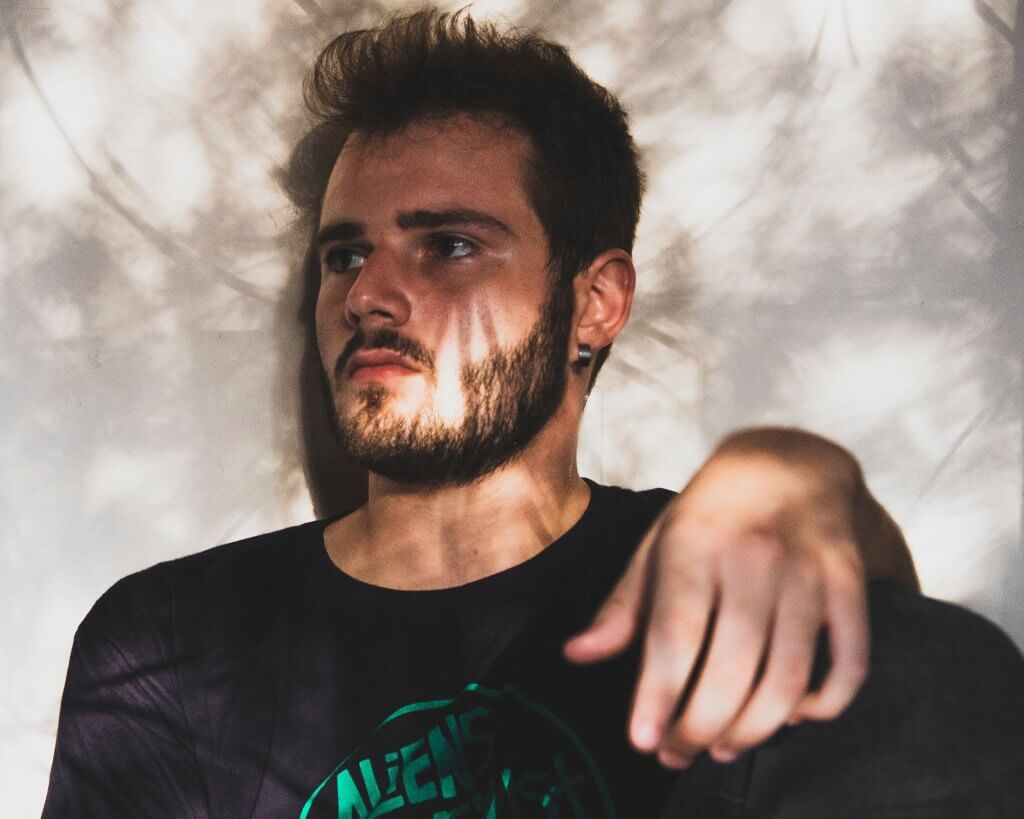
How can you recognize mental illness in yourself or someone you care about?
There are certain signs that can reveal a need for help. I will mention a few of them here, and then share some active steps to take.
Mental illness shows up in many forms. Here are a few ways you might recognize when you or a loved one are experiencing an unhealthy lifestyle:
- Avoidance. This shows up as a dependence on distracting behaviors such as watching Youtube videos, intently being engrossed in social media, spending too much time in a hobby, isolation, inattentiveness, denial, and substance use, along with many other excessive behaviors. Many of these things are not bad in and of themselves, but when they take one away from everyday tasks, especially self-care, a problem may exist.
- Distortions. This is a general sense that things are bigger than they appear, or that reality does not quite line up the same way for different people. Distortion is not the same as having a difference of perspective. This is the type of situation where reactions are over the top, often met with explosiveness or defensiveness, leaving the observer questioning where a particular interaction is coming from.
- Aggressiveness/Abuse. Usually this is a result of unattended anger, anxiety, or deep pain that is too difficult to share vulnerably—so it results in an eruption or lashing out instead. When this same intensity of emotion is turned inward it will result in self-destructive behaviors such as substance abuse, self-mutilation, or disordered eating, among others.
If you see these signs, here are some things to keep in mind:
- Accepting feelings. Our feelings tell us what we need. For example, when someone close to me passes away, I may feel grief and need comforting. Words may not be helpful in these situations, but being with someone who cares is often enough. Never underestimate the power of a hug or a simple physical reassurance.
- Sharing what’s going on with a safe person. When we share with others what we are struggling with, they share our burden. Advice is never good to give unless asked for.
- Practicing mindfulness. Deep breathing, relaxation techniques, and prayer, are powerful ways of staying present in our emotions. When feeling overwhelmed it helps to take space (but in conflict we should let the other person know we will come back in 30 minutes or even the next day). It’s important to resist the temptation to isolate or not share what is going on with others.
- Exercising. Exercise is a great way of energetically dealing with emotions that have built up and gotten stuck in our bodies. Drinking enough water is a good way to flush out toxins. Not taking care of one’s self makes emotional regulation and resiliency more difficult.
- Not labeling anger “bad.” Anger serves as a protest or is showing the need for a boundary. When injustice has been committed we should speak out. When we are hurting, we should talk about it. We should not, however, punish others with our anger. Remember, Jesus stood up to the pharisees and even got angry with money changers for defiling the house of God. Keep in mind, the Bible does give strong warnings when it comes to anger. In Ephesians 4:26 Paul says, “And don’t sin by letting anger control you. Don’t let the sun go down while you are still angry.”
- It is important to find a good therapist. It is ok to look for a therapist that has similar beliefs and values to yours. Find a therapist that uses evidenced-based strategies, using a model that has scientific backing. If it is uncomfortable to do therapy, tell the therapist. Allow yourself to be challenged. Take some risks in sharing with someone who is safe.
If you are dealing with a mental illness, I hope you find a way to be open and vulnerable. Remember, we are not meant to be held captive by our emotions, but instead live in freedom to express ourselves, even the emotions that are less desirable. It’s when we feel heard and understood that we can begin to heal.
Neil is a therapist at a wilderness therapy program and professor of family therapy. He has spoken at numerous regional and national conferences, and is trained in couple and family therapy modalities. He has experience in Christian educational settings teaching, supervising, and as a licensed marriage and family therapist.
